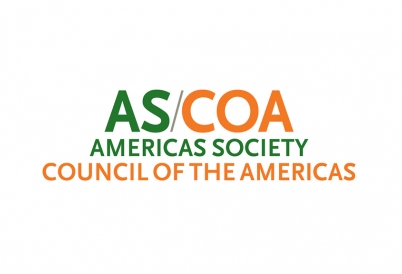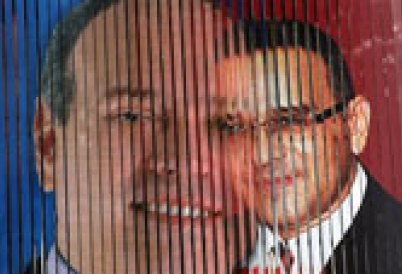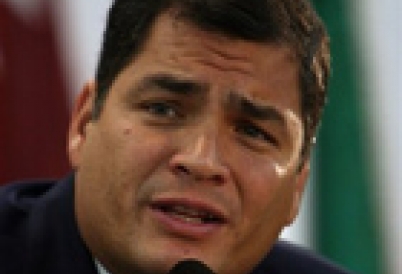Leading up to the Summit of the America, AS/COA Miami hosted a panel discussion on prospects for trade and integration in Latin America. At a time of financial crisis and a tendency toward protectionism, speakers agreed there is a need to consider a broader agenda for growth across the Western Hemisphere.
Leftist candidate Mauricio Funes won the March 15 election, unseating the ruling party by defeating Rodrigo Ávila at the polls. Ávila argued that Funes will mimic Venezuela's Chávez, but Funes said he looks to Brazil's Lula as an example.
An AS/COA program launched a new report by Fundacion IDEA on intellectual property rights protection in Mexico. Panelists discussed the larger linkages between IPR and innovation.
Ecuador faces harsh economic indicators in 2009. Still, President Rafael Correa commands high approval ratings as the country prepares for April elections.
At an AS/COA program, Cuba experts and the author of Cuba Wars, a new book by Dan Erikson, discussed the current state of U.S. policy toward the island nation and changes that could be expected in the near future. This discussion comes at a pivotal time, as leadership transitions have occurred in both countries.
An AS/COA panel on the World Bank's Doing Business 2009 survey examined Latin America's progress in addressing regulatory reform to promote business growth.
On February 9, AS/COA organized a public panel to look at the February 15, 2009, referendum in Venezuela that abolished term limits for all elected officials. The discussion focused on public opinion trends ahead of the upcoming vote, economic implications, and the legitimacy of the referendum.









